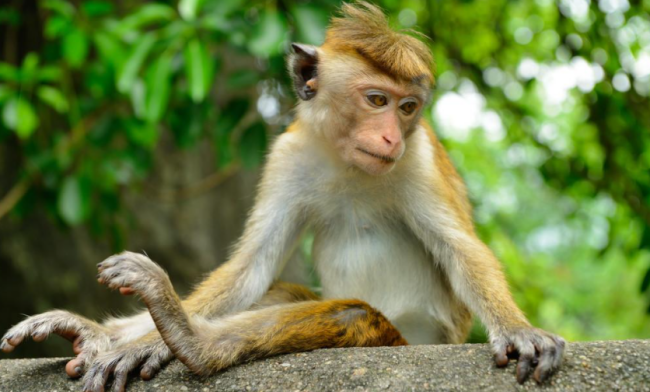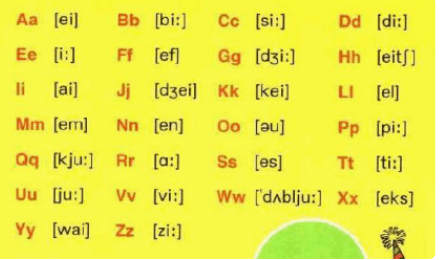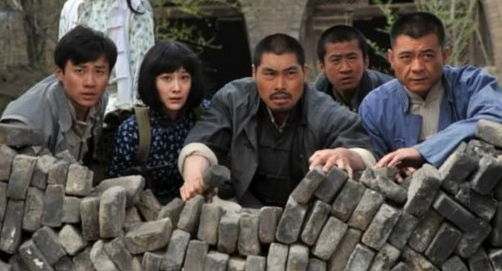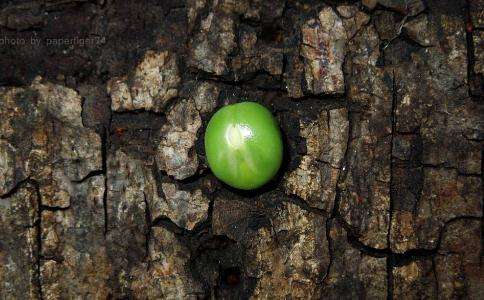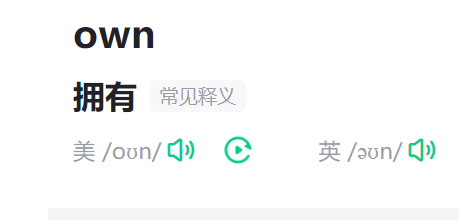英文小故事有以下这些:
一、 英语寓言小故事:老鼠和公牛
第一段:
A mouse once took a bite out of a bull's tail as he lay dozing.
译文:有一次,公牛躺着打盹,一只老鼠咬了他的尾巴。
The bull jumped up in a rage and, with his head low to the ground, chased the
mouse right across the yard.
译文:公牛怒气冲冲地跳起来,低着头追老鼠,一向追过院子。
The mouse was too quick for him, however, and slipped easily into a hole in the wall.
译文:然而,老鼠跑得比他快多了,从容地钻到墙洞里去了。
第二段:
The bull charged the wall furiously again and again, but although he bruised his head
and chipped his horns, the mouse stayed safely inside his hole。闭纯
译文:公牛一次又一次地猛撞墙壁,尽管头撞肿了,角撞裂了,老鼠却安然待在洞里。
After a time the bull gave up and sank down to rest again。
译文:过了一会儿,公牛不撞了,倒下歇着。
第三段:
As soon as the bull was asleep, the little mouse crept to the mouth of the hole, pattered across the yard, bit the bull again?
译文: 公牛刚睡着,小老鼠就爬到洞口,嗒嗒地跑过院子,又咬了公牛一口?
this time on the nose?
译文:这回咬了鼻子?
and rushed back to safety。 As the bull roared helplessly the mouse squeaked:"It's
not always the big people who e off best。 Sometimes the small ones win, you know。"
译文:又跑回安全的地方去。当公牛毫无办法地吼叫时,老鼠吱吱叫道:"大人物并不总占上风。有时小人物也会取胜。"
二、英语寓言小故事:郭氏之墟
第一段:
On a vacation trip, Duke Huan of the state of Qi came to the ruin of the capital of Guo
Shi , which perished long ago.
译文:稿态坦齐桓公出游途中,来到已经灭亡许久的郭氏都城的废墟。
第二段:
Seeing the desolate and bleak prospects of broken tiles, collapsed walls, and clusters
of weeds, he could not help asking the local people about the reason of the ruin of Guo Shi.
译文:看到瓦砾残垣、杂草丛生的萧条景象,忍不住问当地百姓郭氏灭亡的原因。
第三段:
They replied,"Guo Shi was fond of doing good deeds, and averse to evildoing, which led to the perdition."
译文:百姓们回答说:"郭氏由于喜爱善行善事。厌恶邪恶丑行而导致灭亡。"
第四段:
When the Duke could not understand the answer, people explained ," Though he 键桐
liked doing good, he had never been able to do so; though he hated
evildoing, never could he help not participating.That caused the ruin of his capital."
译文:齐桓公不能理解这种回答,百姓们便解释说:"郭氏虽然喜爱善行善事,但从来都不能做到;尽管厌恶邪恶丑行,却总是忍不住参与其中。这就是他的都城变成废墟的原因。"
三、英语寓言小故事:三个好朋友
One day, a monkey rides his bike near the river.
译文:一天,一只猴子在河边骑车。
This time he sees a lion under a tree, The lion runs at him.
译文:这时他看见树下有一只狮子,狮子向他跑来。
He is afraid and falls into the river.
译文:他十分的害怕,掉进河里。
He can’t swim, He shouts.
译文:他不会游泳,大叫起来。
The rabbit hears him, He jumps into the river, The rabbit swims to the monkey, but
he can’t help him.
译文:兔子听见了,跳进水里,但他却没有办法救猴子。
Luckily, an elephant es along.
译文:幸运的是,一只大象过来了。
He is very strong, He helps the rabbit and monkey.
译文:大象十分强壮,救出了兔子和猴子。
Three friends are very happy, They go to the elephant’s home.
译文:他们来到大象的家,在那里吃了一顿大餐。
Then, three of them bee good friends.
译文:从此他们成了好朋友。
四、英语寓言小故事:
A Man and a Satyr having struck up an acquaintance, sat down together to eat.
译文:一个人与赛特偶然相识,坐在一齐吃东西。
The day being wintry and cold, the Man put his fingers to his mouse and blew opon them.
译文:正值冬季,天气很冷,那人把手放在嘴边哈气。
"What's that for, my friend?" asked the Satyr.
译文:赛特问道“我的朋友,那是干吗?”
" My hands are so cold," said the Man, "I do it to warm them."
译文:这人说“我的手太冷了,这是为了取暖”。
In a little while some hot food was placed before them, and the Man, raising the dish to his mouse, again blew opon it.
译文:过了一会儿,热腾腾的食物端上来了,那人把碟子举到嘴边又吹了起来。
"And what's the meaning of that, now?" said the Satyr.
译文:赛特问“这又是干吗?”
"Oh," replied the Man, "my porridge is so hot, I do it to cool it."
译文:那人说“哦,我的粥太烫了,我把他吹凉些”。
"Nay, then," said the Satyr, "from this moment I renounce your friendship, for I
will have nothing to do with one who blows hot and cold with the same mouse."
译文:赛特说“从此刻起,我要与你绝交,因为我不想和一个反复无常的人做朋友”。
五、英语小故事:驴和蚱蜢
Ass having heard some Grasshoppers chirping, was highly enchanted; and, desiring
to possess the same charms of melody, demanded what sort of food they lived
on, to give them such beautiful voices.
译文:一只驴听到几只蚱蜢在叫,便觉得很趣味;于是也想得到同样趣味的音调,便问蚱蜢吃什么东西过活,以至于能有这样优美的声音。
They replied, "The dew." The Ass resolved that he would only live upon dew, and in
a short time died of hunger.
译文:蚱蜢说:「露水。」驴子听了,从此以后也单吃露水过活,不久便饿死了。

